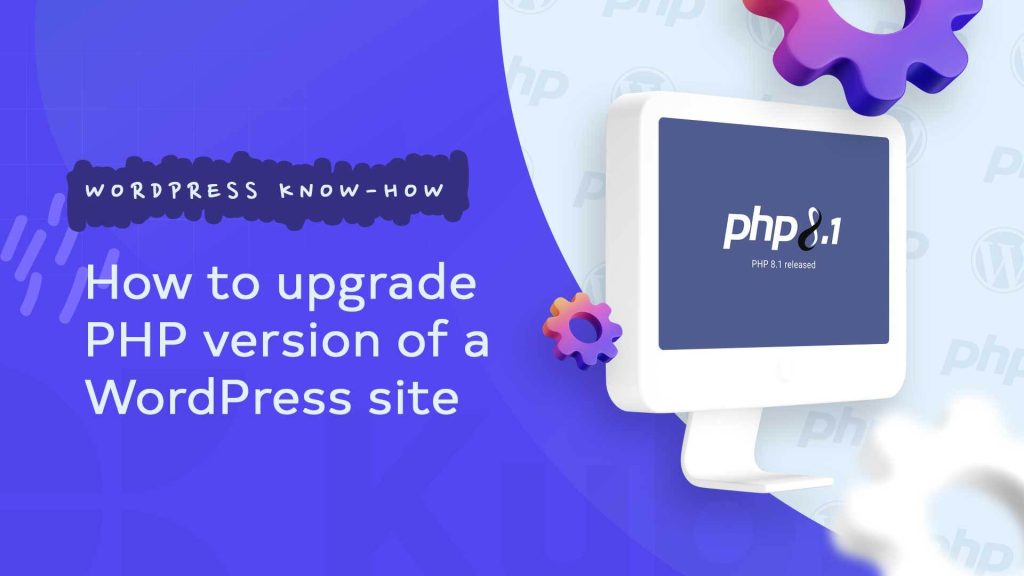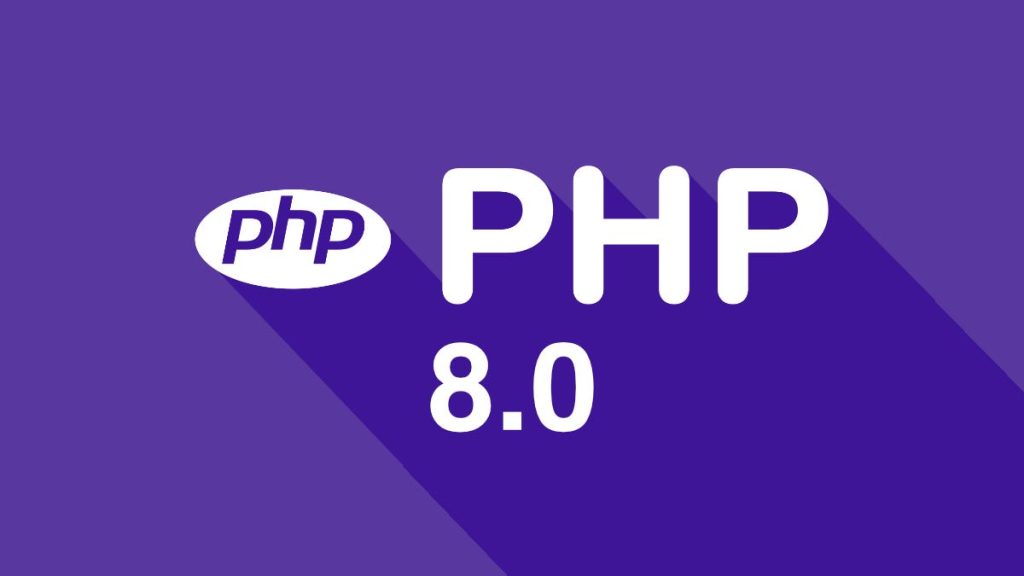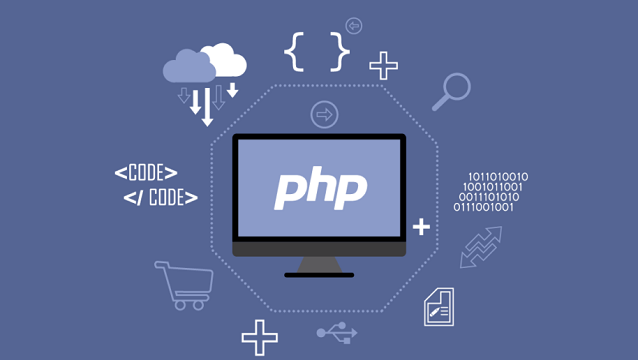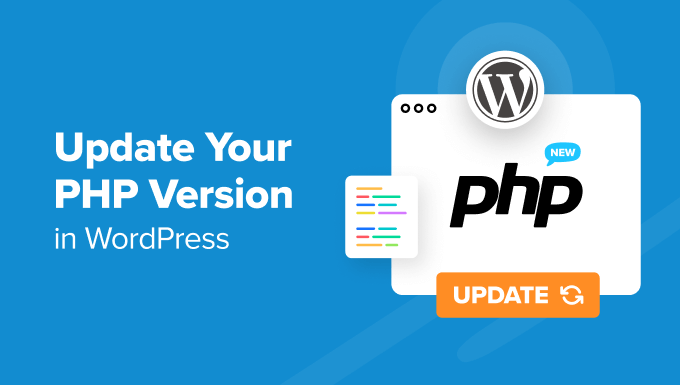WordPress PHP Version Updating Service
Fully Tested
Updating PHP on a website is crucial for several reasons. Firstly, newer PHP versions offer enhanced security features, protecting websites from vulnerabilities and potential attacks. Secondly, updates bring performance improvements, enabling websites to run faster and more efficiently, which enhances user experience and can positively impact search engine rankings. Additionally, updated PHP versions support the latest coding standards and practices, ensuring compatibility with new web technologies and plugins. Keeping PHP up to date also ensures that the website receives ongoing support and bug fixes from the PHP community, reducing the risk of encountering issues that could disrupt website functionality. Our proficient team ensures your website runs on the latest PHP version, providing enhanced security and performance. Embrace the full potential of your WordPress site with our reliable and timely PHP updates
Keeping your website's PHP version updated is crucial for several reasons:
- Security
- Vulnerability Patching: Each new PHP version includes fixes for security vulnerabilities found in previous versions. Running an outdated version exposes your website to known security risks that could be exploited by attackers.
- Support and Maintenance: Older PHP versions eventually reach end-of-life (EOL), meaning they no longer receive security updates or support. Staying on an unsupported version leaves your site vulnerable.
- Performance:
- Improved over all score
- Improved Speed:
- Newer PHP versions often come with performance improvements. For example, PHP 8 brought significant performance boosts compared to PHP 5. This means your website can handle more traffic and load faster.
- Resource Efficiency:
- Enhanced performance also translates to better resource usage, reducing server load and potentially lowering hosting costs.
- New Features
- Enhanced Functionality: Each PHP version introduces new features and functionalities that can make development easier and more efficient. These features can improve code readability, maintainability, and execution.
- Modern Coding Standards:
- Staying updated allows developers to use modern coding standards and practices, ensuring the codebase remains clean and future-proof.
- Compatibility
- Support for Dependencies: Many popular frameworks, libraries, and tools require a minimum PHP version to function correctly. Staying updated ensures compatibility with the latest versions of these dependencies.
- Plugin and Theme Updates: WordPress plugins and themes often update to leverage new PHP features and improvements. Using an outdated PHP version can result in compatibility issues with these updates.

Why Upgrading PHP Can Break Your Website
- Deprecation of Functions
- Removed Functions: New PHP versions may deprecate or remove functions that older code relies on. If your website uses these outdated functions, upgrading PHP can cause errors.
- Syntax Changes: Updates in syntax rules or changes in default behaviors can break existing code that is not compliant with the new standards.
- Compatibility Issues
- Framework and CMS Incompatibility: If your website is built on a framework or CMS that is not compatible with the new PHP version, upgrading PHP can lead to major issues. It’s essential to ensure that your CMS or framework supports the PHP version you plan to upgrade to.
- Third-Party Libraries: Any third-party libraries or plugins used by your website might not be compatible with the latest PHP version, causing functionality to break.
- Custom Code
- Legacy Code: Websites with a lot of custom legacy code are particularly vulnerable to breakage when upgrading PHP. This code might not adhere to current best practices or may use deprecated features.
- Testing and Refactoring: Custom code often requires thorough testing and possible refactoring to ensure compatibility with the new PHP version. Without proper testing, upgrading can lead to unexpected issues.

Best Practices
to perform a proper PHP version upgrade
- Backup: Always take a full backup of your website before upgrading PHP. This ensures you can restore your site if something goes wrong.
- Staging Environment: Test the upgrade in a staging environment before applying it to your live site. This helps identify and fix issues without affecting your live site.
- Check Compatibility: Verify that your CMS, plugins, themes, and custom code are compatible with the new PHP version. Update these components if necessary.
- Gradual Upgrade: If you are several versions behind, consider upgrading incrementally rather than jumping directly to the latest version. This can make the transition smoother and easier to manage.
- Error Logging: Enable error logging to monitor for any issues that arise after the upgrade. This can help quickly identify and resolve problems.
Updating PHP for a website is a critical task that requires careful planning and execution to ensure smooth functionality and avoid downtime. Here’s a detailed outline of the steps MotoCoders will take to update PHP for your website:
- Pre-Upgrade Assessment
- Review Current PHP Version: Check the current PHP version running on your website.
- Compatibility Check: Ensure that your CMS (e.g., WordPress), plugins, themes, and any custom code are compatible with the target PHP version.
- Backup: Take a full backup of your website, including files and databases, to ensure you can restore the site if anything goes wrong.
- Staging Environment Setup
- Create a Staging Site: Set up a staging environment that mirrors your live site. This allows us to test the PHP upgrade without affecting your live website.
- Deploy Backup to Staging: Restore the backup to the staging environment to create an exact copy of your live site.
- Initial Testing on Staging
- Upgrade PHP on Staging: Update the PHP version on the staging environment to the desired version.
- Testing Functionality: Thoroughly test the website’s functionality in the staging environment, including:
- Frontend and backend operations
- Forms and interactive elements
- Plugins and extensions
- Custom code and integrations
- Debugging: Identify and resolve any issues that arise during testing. This may involve updating plugins, themes, or custom code to ensure compatibility.


- Final Preparations
- Plugin and Theme Updates: Ensure all plugins and themes are updated to their latest versions to maximize compatibility with the new PHP version.
- Custom Code Review: Review and update any custom code that may be using deprecated functions or features not supported by the new PHP version.
- Live Site Upgrade
- Schedule Downtime: Plan the upgrade during a low-traffic period to minimize the impact on visitors. Inform stakeholders about the scheduled maintenance.
- Take a Final Backup: Just before the upgrade, take a final backup of the live site to ensure the latest data is protected.
- Upgrade PHP on Live Site: Update the PHP version on the live server.
- Post-Upgrade Testing
- Initial Check: Perform an initial check immediately after the upgrade to ensure the site is accessible and no major issues are apparent.
- Comprehensive Testing: Conduct comprehensive testing similar to the staging environment to ensure all aspects of the site function correctly.
- Monitoring: Monitor the site for any errors or performance issues over the next few days. Enable error logging to quickly identify and address any issues that may arise.
- Follow-Up and Support
- Support: Provide ongoing support to address any issues that may come up after the upgrade.
- Documentation: Document the upgrade process, including any changes made to the codebase, to help with future maintenance and troubleshooting.
- Client Training: If necessary, provide training or documentation to the client on any changes or new features resulting from the upgrade.
By following these steps, MotoCoders ensures a smooth and secure PHP upgrade process, minimizing the risk of downtime and functionality issues. Our thorough testing and support ensure your website remains operational and optimized on the latest PHP version.
If you want us to update your PHP version, you can sign up here